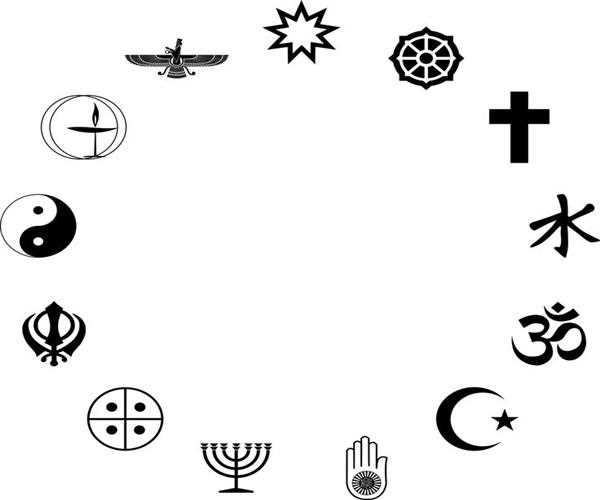Religious freedom is among the fundamental rights in the law, globally. However, in some parts of the world and in some situations minorities are faced with systematic barriers to this right. Like things, in Pakistan cases of forced conversion and social pressure leading to the religious persecution of Hindus mainly the young girls and women has often prevailed. This phenomenon reveals a deeper problem of intolerance and the situations of the religious minorities in a country that is an Islamic republic in terms of its constitution. Such practices have drawn a lot of criticism and the world has started asking the pakistan government if it truly supports minority rights in their country.
The forced conversions in Pakistan are regarded to be intersectional with socio-political and economical subjugation. Because of their socio-economic status, it is easy for the officials to exploit members of minority groups including Hindus. There are no legal measures, and the authorities are reluctant to consider problems of this kind. Such impunity confirms the dictate syndrome in everything, amounting to gross absence of governance and the international lobby’s necessity to pressure Pakistan into protecting the rights of minorities.
On the other hand, India, a secular democratic State, has an underlying legal structure that protects freedom of worship. Despite tension between religious communities in India, the state cannot endorse forced religious conversions. Indian Muslims are free to practice their religion, and no one is forced to convert them to another religion. Democratic secularism in India guarantees that people throughout the country will be free to practice their faith or none, no matter the political or social anthrax.

On this basis, the fundamentally different ideologies and organisation of power explain the nature of relations between the two states. The policies of Pakistan are seeded with the theocratic tendency unlike India that claims secularism. These differences influence how each country treats the religious minority very much. Pakistan takes on many controversies including obliged conversion and this is misleading instead of India who may not be perfect in its methodology but their way is more inclusive.
To address this problem, people worldwide must be informed and mobilized to fight for their right to freedom of religion. Pakistan must replace its conflictual structures with pluralistic and tolerant ones since the protection of minorities is an essential requirement. Failure to stop discrimination will only prolong the cycle, worsening existing societal cleavages and slowing progress.
Conclusion
In Conclusion, Pakistan’s oppressive policy towards Hindu minority groups and India’s just policy towards Muslim minority reflect that only genuine affirmative care for the nation and its people can be based on justice. Pakistan’s own government must accept those systematic failures that led to forceful conversions from Christianity and must provide protections to minorities’ rights. Pakistan is confident that the method that requires the inclusion of all the parties interested and the accountability of those who commit criminal acts will help the country recreate itself and return to the privileged number of states whose actions are trusted by the world community. Freedom of religion has to be something no one can compromise, and there is no successful journey that a country can make without a respect for every person’s human rights.